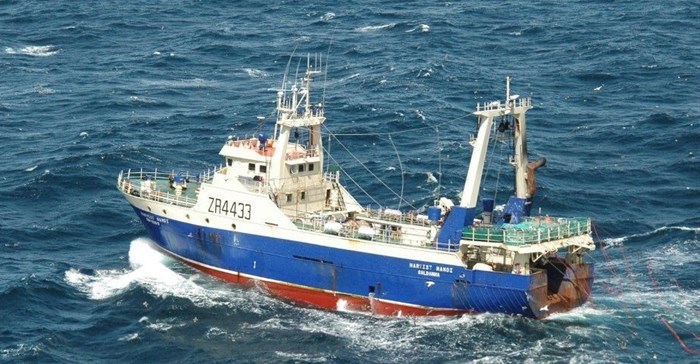
Top stories






More news

















Logistics & Transport
Uganda plans new rail link to Tanzania for mineral export boost









"For this reason we subscribe to an ecosystems approach to fisheries (EAF) which ensures that science-based decision making is at the forefront of all our fishing activities. Sea Harvest's participation in sustainable fishing practices is underpinned by the industry's Marine Stewardship Council (MSC) certification which will ensure that Cape Hake will be available for future generations.
In addition Sea Harvest as part of the South African Deep-Sea Industry Association have voluntarily committed to various initiatives that go above and beyond their MSC requirements by ring-fencing previously trawled fishing grounds and only fishing in those grounds in an effort to prevent damage to the benthic (sediment surface) not previously trawled," Ratheb adds.
According to Ratheb, Sea Harvest has invested well over R300 million over the last two years alone, to position the business for the future whilst still maintaining our sustainable fishing practices. "Catching and processing deep sea Cape Hake requires a capital and labour intensive operation, including expensive trawling vessels; experienced crew; sophisticated mechanisation of processes to create expert maximum beneficiated product to ensure global competitiveness.
Sea Harvest this week launched a freezer trawler the Harvest Miriam Makeba, a 47 metre Stern Trawler capable of freezing 25-30 tons of fish per day. The addition of a freezer trawler to Sea Harvest's fleet brings the number of freezer vessels the company operates to four. The additional freezer vessel will create 50 additional jobs and supply local and international markets with healthy, good quality Cape Hake. The addition of a freezer trawler will allow Sea Harvest to continue to create sustainable employment and support for the community of Saldanha Bay on the West Coast," Ratheb explained.